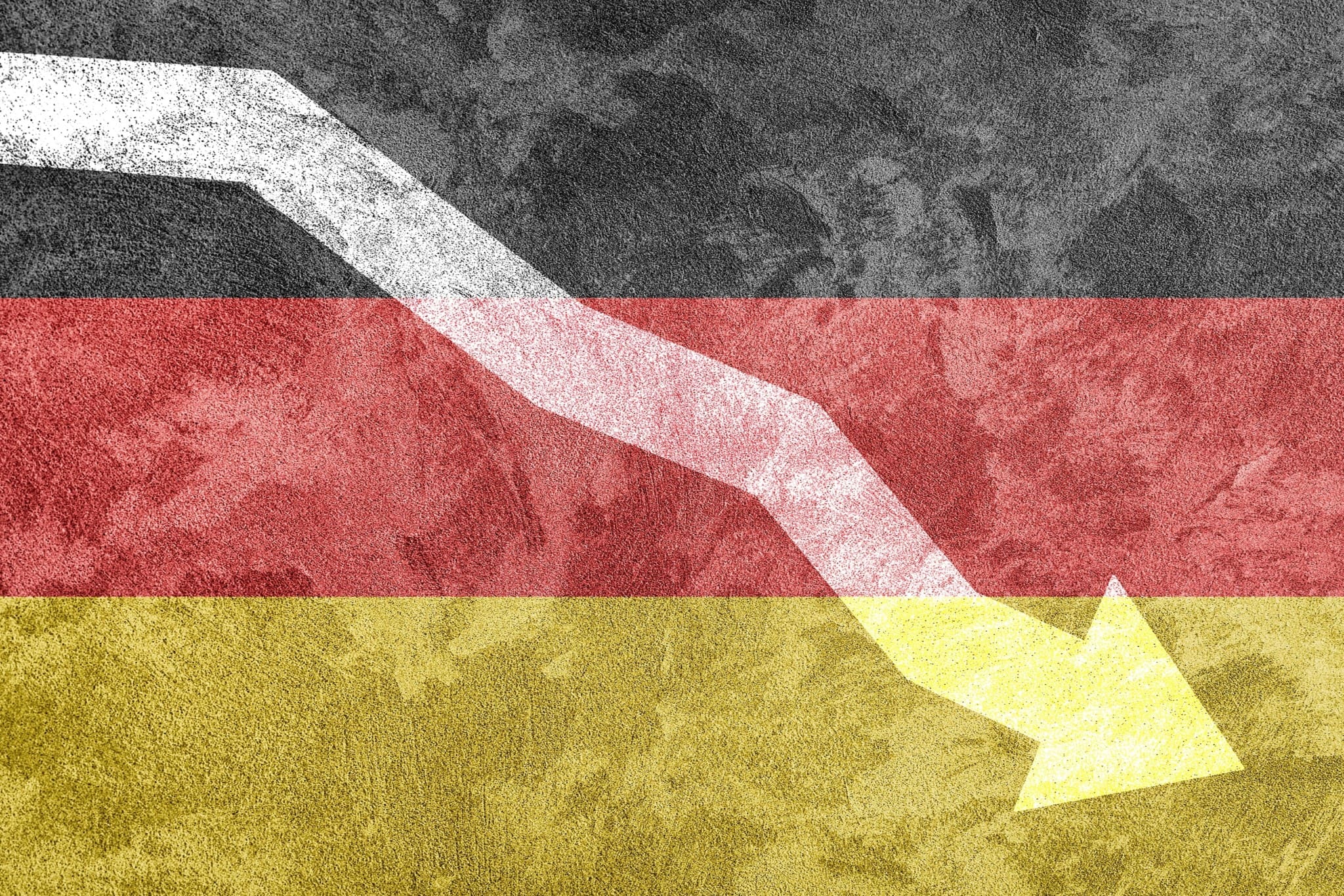German industrial orders fell 5.8 percent in August compared to July, a far higher drop than the 2 percent drop anticipated, with economists now warning of a recession and doubting a quick recovery.
The numbers reported by the German Federal Statistical Office amounted to the biggest drop since January of this year, with the German Ministry of Economics announcing that “in view of the continuing weak demand and the deterioration in business sentiment, a significant recovery in the industrial economy in the second half of 2024 is unlikely.”
Jens-Oliver Niklasch, an expert at Landesbank Baden-Württemberg, cited by Money.pl, stated bluntly: “Leading indicators are falling, forecasts are falling, bad news is not stopping. Everything points to a recession.”
Jörg Krämer, chief economist at Commerzbank, describes the data as a “bitter disappointment,” adding that the best-case scenario will be gross domestic product stagnating in the second half of the year.
Of key concern is the data regarding strength, or lack thereof, in the domestic and European economies. While orders from abroad also fell just 2.2 percent, domestic orders were down by 10.9 percent. Orders from eurozone countries fell by 10.5 percent, while orders from other countries actually increased by 3.4 percent.
Experts emphasize that the current situation is a clear signal of a crisis, with key sectors being hit the hardest, including auto manufacturing, mechanical engineering and chemicals.
The Macroeconomic Policy Institute (IMK) predicts gross domestic product will stagnate this year and grow by just 0.7 percent next year, with experts agreeing that the federal government’s expectations of economic growth above 1 percent in 2025 seem unrealistic.
Meanwhile, the German government is expected to need €46 billion to finance welfare benefits, with half of the recipients reportedly being foreign citizens, many of whom came to Germany specifically for its generous welfare system.
The situation is not bad for everyone. Remix News just reported today that Germany is spending some €50 billion annually on housing asylum seekers and war refugees and providing them with benefits, with private security firms earning hundreds of millions across Germany for policing migrant accommodations.






